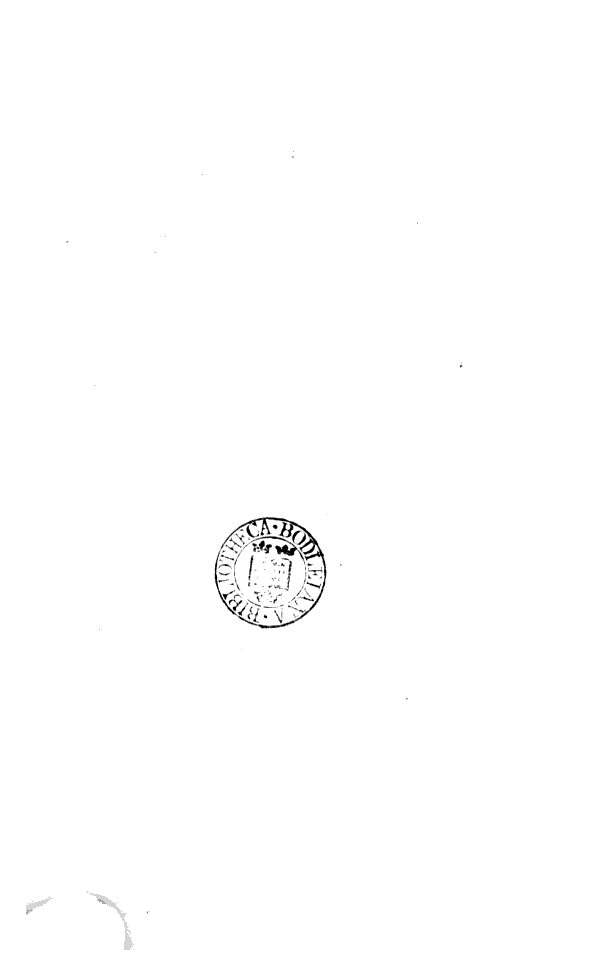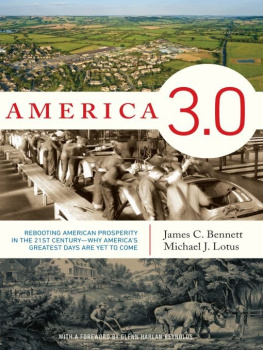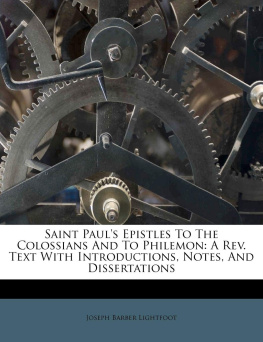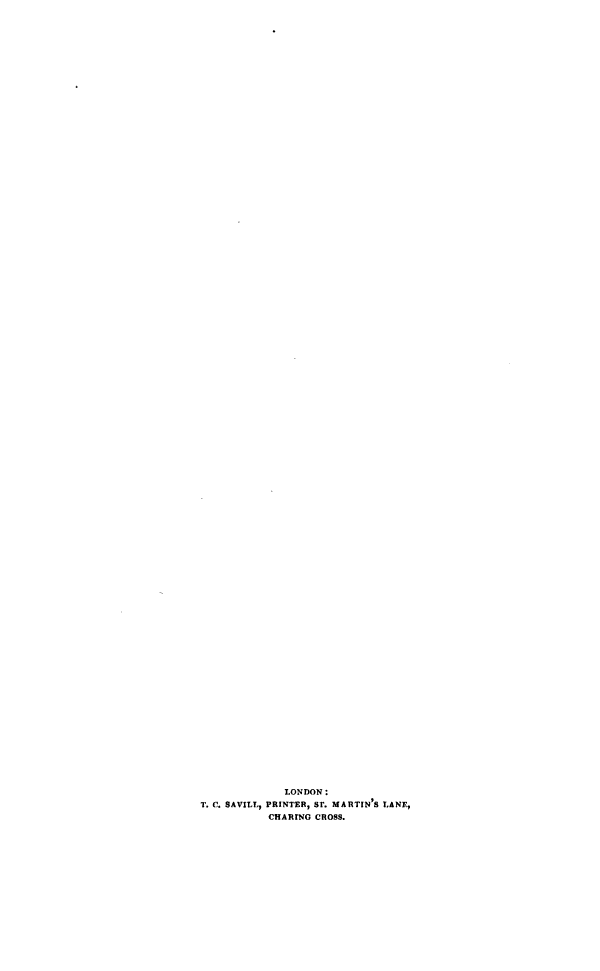The Theology of the Early Christian Church
James Bennett
Google Book Search
This is a digital copy of a book that was preserved for generations on library shelves before it was carefully scanned by Google as part of a project to make the world's books discoverable online. See the back of the book for detailed information.
THE THEOLOGY
EARLY CHRISTIAN CHURCH,
EXHIBITED
IN QUOTATIONS FROM THE WRITERS OF THE
FIRST THREE CENTURIES:
"Eg-o cnim fateor charitati tuae, solis eis scripturarum libris qui jam canonici appel
lantur didici hunc timorem honoremque deferre ut nullum eorum autorem scribendo
aliquid errasse firmissime credam. Ac si aliquid in eis offendero Uteris quod videatur
contrarium veritati nihil aliud quam vel mendosum esse codicem vel interpretem non
assecutum esse quod dictum est vel me minime intellexisse non ambigam. Alios
autem ita lego ut quantalibet sanctitate doctrinaque praepolleant non idco verum putem
quia ipsi ita censerunt."August. Hieronymo, Epist. xix. vol. 2, p. 44.
LONDON:
JACKSON AND WALFORD,
18, St. Paul's Chubch-tard.
Mdcccxli.
%o-

PREFACE.
The following course of Lectures being designed to afford the means of judging, by copious extracts, of the theology of the first ages of the church, the reflections which are interspersed may be regarded as mere helps to the formation of just conclusions, and may be adopted or rejected according to the degree of evidence which they present. As the selections are the result of an independent research in the works of each writer, the translations also were made at the same time, and are so far literal, perhaps, as to be often inelegant; but it is only by this more simple honest course that the cause of truth is to be maintained and advanced.
On all great questions the quotations are sufficiently continuous to enable the reader to judge of the connexion; and where the extracts are brief, the references are so minute as to enable the scholar to verify the sense. When this depends on the rendering of a few words, these are given in a foot note; but to have furnished the originals of the whole would have required a second volume. Where the testimonies were too numerous for the space that could be afforded, the earliest have been preferred, as more strictly belonging to our era, as having, in the highest degree, what can be called patristic authority, and as so generally followed by their successors, that these are virtually quoted by the adoption of this plan.
Those theological common places which are least debateable have been passed over most rapidly; the later writers have been omitted where they are mere copyists; and, when a quotation has once been given, with its reference for verification, a second appeal for a new purpose has not always been equally formal.
On the doctrine concerning the church, which may be characterized, in the language of Peter, as "the present truth," Clemens Romanus, as the father of the fathers, has been our oracle, to which Rome herself could scarcely object.
The sacraments being first mentioned by Justin in the middle of the second century, we have abridged the account given when the Lectures were delivered, and on other points the auditors of the course may observe that we have been compelled to throw into the smaller type of the Appendix what would have occupied too much room in the body of the work.
The few references to fathers of an age later than that of which we write were introduced to supply the defect of evidence in their predecessors, or to shew that the light which was expiring was not immediately extinct. As among these the testimony of Jerome is of great value, it is given in the Appendix.
That in a range so wide, embracing the whole body of divinity, no mistakes can be found, the author is too well aware of his own fallibility to affirm. He will not, however, feel bound to admit an error merely because the same writer has, in another place, expressed an opinion different from that which has been quoted; for though Augustine alone has written Retractations, the fathers were not always consistent with themselves.
Of the history of the church, though not assigned to the lecturer, it seems necessary to give a sketch, which, however slight, may throw additional light on our course. The Author of our religion having lived and taught upon earth about thirty-three years, on his return to heaven, sent down his Spirit to give birth to the church, which was first formed of native Jews. But when that nation rejected and persecuted the faith, it was in the fortieth year of our era preached to the Gentiles, after which the religion that was destined to universality and perpetuity spread rapidly over the world. In the principal cities, Antioch, Ephesus, Corinth, and Athens, the foundations of the churches were laid hy the apostles; but in Rome itself by their early converts.
If Claudius afflicted the Christians, it was only as they were Jews; for Nero, one of the worst of men, is branded by the fathers as the first imperial persecutor of the best of religions. Under him, Paul and Peter are said to have become martyrs, and it is supposed that the rest of the apostles, except John, quickly followed in the same road to heaven. Vespasian having destroyed the Jewish nation, in the year 70, his worst son and successor, Domitian, banished to Patmos the Apostle John, who survived but a short time after his return to Asia. Josephus, who had been taken captive by the father, wrote, under the persecuting son, his celebrated history.
The first Christian document that we possess, Clement's Letter to the Corinthians, was written in the reign of Trajan, during the earliest years of the second century, and was, perhaps, soon followed by the letters of Ignatius, whom that respectable prince doomed to the lions. The correspondence between the emperor and Pliny proves, however, that ignorance rather than cruelty was the parent of these persecutions.
Though Hadrian restrained the violence which had been inflamed by the calumnies of pagan priests and philosophers, as well as by the ex travagances of heretics, the false Messiah Barcochebas gave vent to the enmity of the Jews. The Apologies of Justin Martyr, Athenagoras, and others, seem to have made a favourable impression on the rulers of the world.
Of the philosophical emperors, Antoninus Pius, under the influence of a refined heathenism, gave some repose to the afflicted church; but Aurelius, about the middle of the second century, allowed, if he did not instigate, the persecutions that raged, about the year 177, when Polycarp, Justin, and the martyrs of Lyons and Vienne in France, sealed the truth with their blood- During this period Irenseus wrote. The reign of Septimus Severus is infamous for the cruelties exercised against the Christians, at least towards the beginning of the third century, when Clemens Alexandrinus, Origen, and Tertullian, bear witness to the talents, industry, and sufferings of the church.











